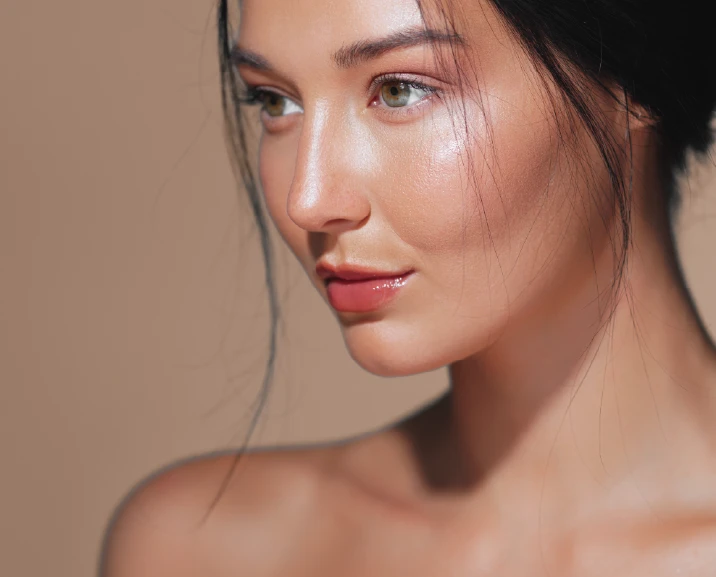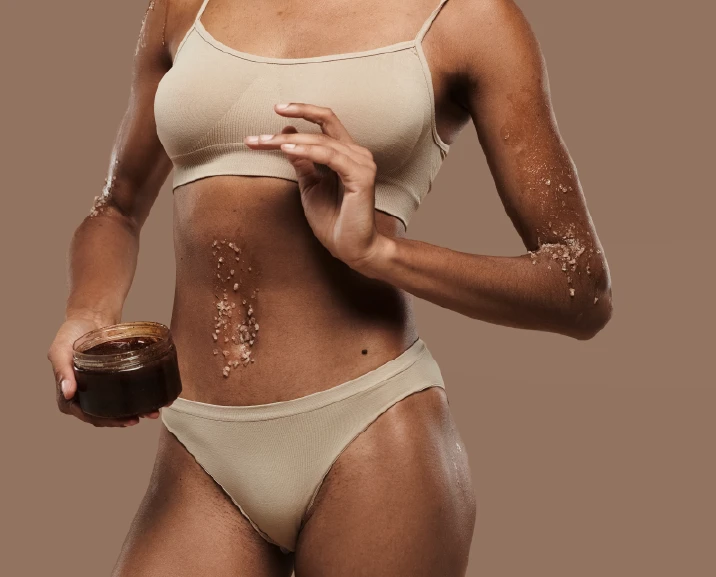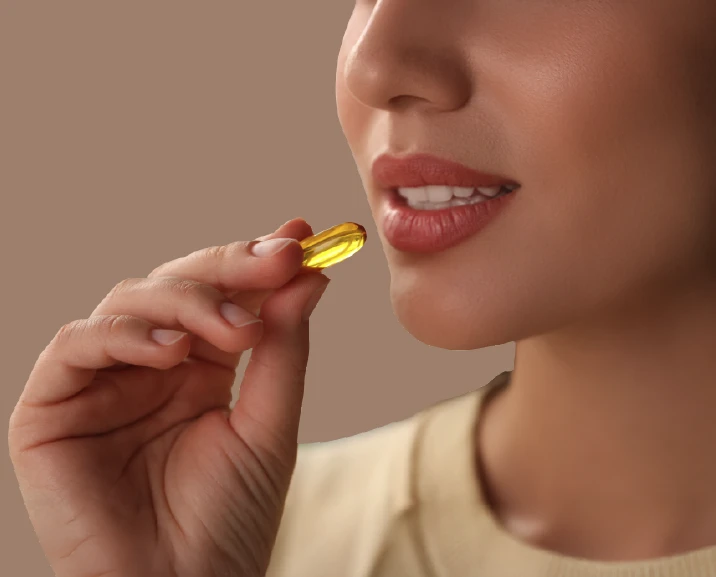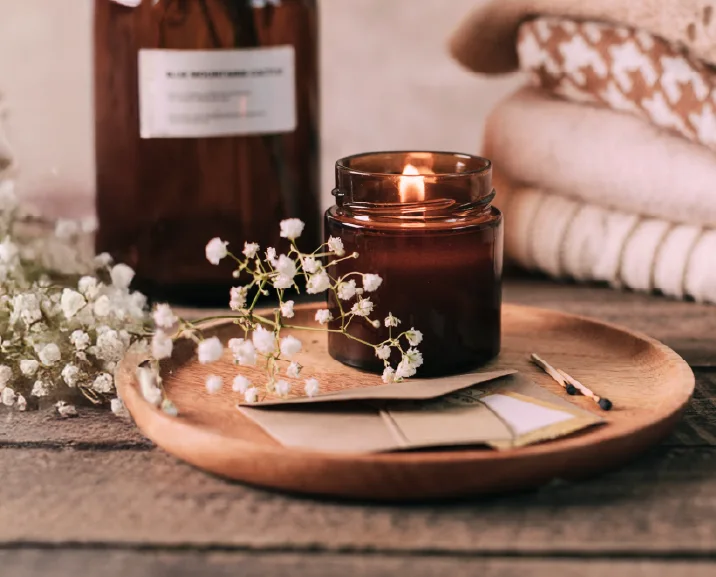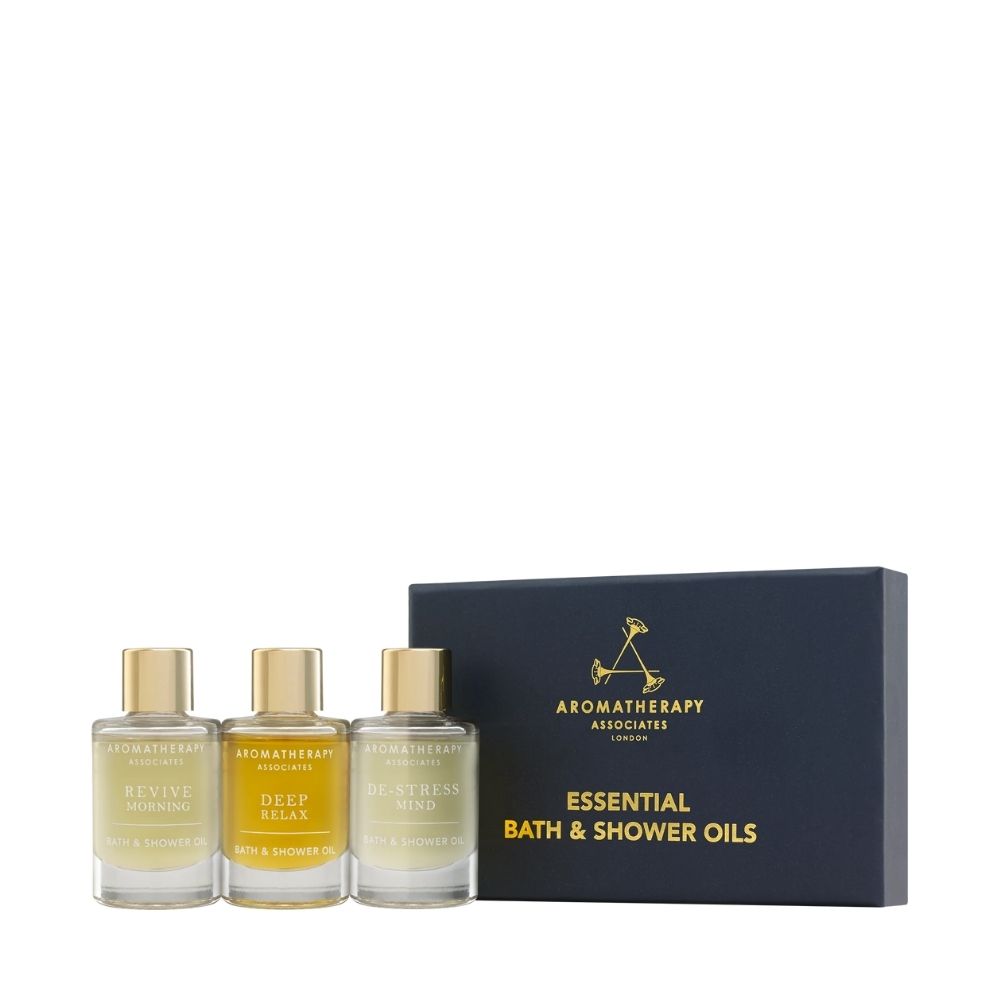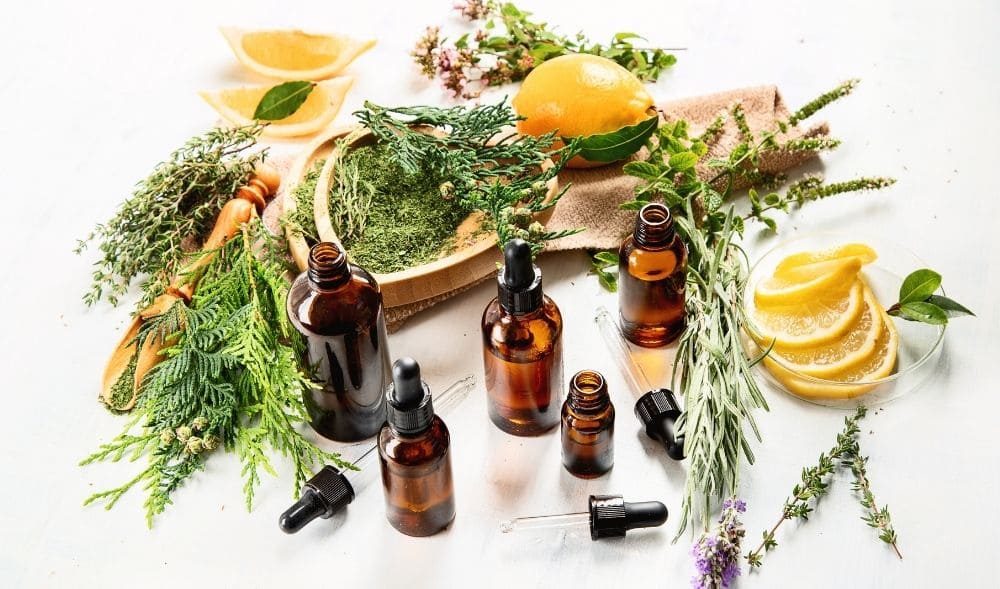
The effectiveness of essential oils
The effectiveness of essential oils
The effectiveness of essential oils has been known for thousands of years. Their scents have a positive effect on physical and mental well-being and they have a range of excellent benefits and applications: they nourish and moisturise the skin, are anti-inflammatory and have anti-ageing properties. Many of them counter low mood and cheer you up.
Essential oils are plant oils. They are produced by small glands. The scent molecules go through your nose directly into the limbic system which influences your feelings and emotions. Their properties as messenger substances enable them to affect your mood. Scents always evoke memories of specific events. So our thoughts and behaviour can be affected by the power of fragrances. Without us knowing it, scents can also influence our internal organs. They can slow or deepen our breathing, and affect our heartbeat. Our digestive system responds particularly well to scents. Many essential oils destroy bacteria and microbes. Others promote the healing of wounds, burns and acne.
There’s a huge range of essential oils and you need to know how to use them.
Lavender oil
Lavender oil has a liberating effect on the soul. It makes your thoughts clearer, helps you switch off, reduces pain, is detoxifying and helps wounds to heal quicker. The oil also has a strong antiseptic effect.
When lavender oil is applied to the skin, its high camphor content improves the blood circulation. That promotes the body’s own healing and the formation of new skin cells. This effect also means that pregnancy stretch marks heal better and scar formation is generally reduced.
Birch oil
Birch oil has many positive effects on the skin. For example, it is very astringent and skin-firming. This property can be used to treat cellulite. The firming effect of birch oil helps to remove water deposits from the connective tissues and reduce cellulite. Birch oil can also be used to treat acne and spots.
Grapefruit oil
Grapefruit oil has marked antibacterial and anti-viral effects. This makes it excellent for treating infectious skin problems. That’s why the oil is often mixed into ointments for treating acne.
Rose oil
Rose oil strengthens blood circulation and so improves the skin’s self-healing. This results in a more youthful appearance and complexion. Rose oil also has outstanding effects on the hair. The oil can repair small tears in the hair structures and prevent brittle hair. Rose oil is also moisturising, so it makes hair shiny.
Rose oil is also good for scars, wrinkles and pregnancy stretch marks.
Turmeric
The appearance of our skin is directly related to the amount of collagen in it. Turmeric promotes the formation of collagen and so prevents wrinkles. A second important effect of turmeric oil on the skin is due to its antioxidative properties. Its ingedients protect cells from decay and so help to keep skin young.
Lemon oil
Lemon oil is known for strengthening fingernails and hair. It is particularly good for thin, brittle hair, making it smooth and soft. For blonde hair, lemon oil can also be used to naturally lighten it. Lemon oil can be used directly for washing hair. The citric acid in it degreases and also nourishes hair. Lemon oil is also good for treating an irritated scalp, which can cause dandruff and greasy hair.

